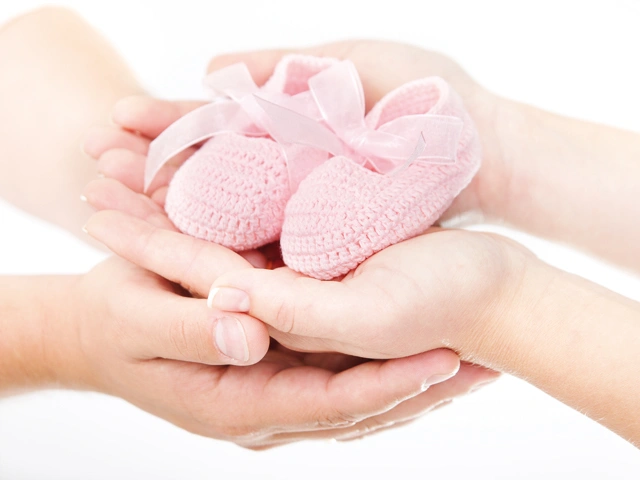
- Deutsch
- English
- 中文


Many couples long for a child, but it just doesn’t happen. The
emotional toll of unfulfilled fertility can be immense. For many
families, the meaning of having a child is fundamental. A child
brings warmth, joy, tenderness, and symbolizes continuity.
Wanting children is often an expression of the desire to experience
and give love in a new way. In short: children mean happiness. For a
couple, discovering that they cannot have children can feel like the
collapse of an entire life philosophy.
Thanks to modern techniques, it is now possible to perform highly specific immunological assessments based on the exact timing and circumstances. This allows us to better explore previously unknown areas of the human body.
It is becoming increasingly clear that in many cases, the female
immune system produces antibodies against the male sperm. These
antibodies neutralize the sperm before they even have a chance to
fertilize an egg.
This reaction may, among other things, be triggered by long-term use
of the contraceptive pill. Because unprotected sex is more frequent
during pill use, the concentration of sperm antibodies can
significantly increase—leading to serious immunological
consequences.
These antibodies form immune complexes that can trigger autoaggressive responses. In other words: the body attacks itself. Few leading immunologists are aware that sperm cells, like the cornea of the eye, are so immunologically active that injecting them intramuscularly could trigger irreversible autoimmune disorders.
For this reason, it is quite possible that sperm entering through small tears in the vaginal lining during unprotected sex may form immune complexes directly in the tissue. Similar reactions can also occur in the male body. In such cases, the male immune system produces antibodies against its own sperm—rendering them inactive. If left untreated, this results in complete infertility.
Beyond infertility, these immune complexes also play a significant role in the development of chronic diseases.
July 24, 2018